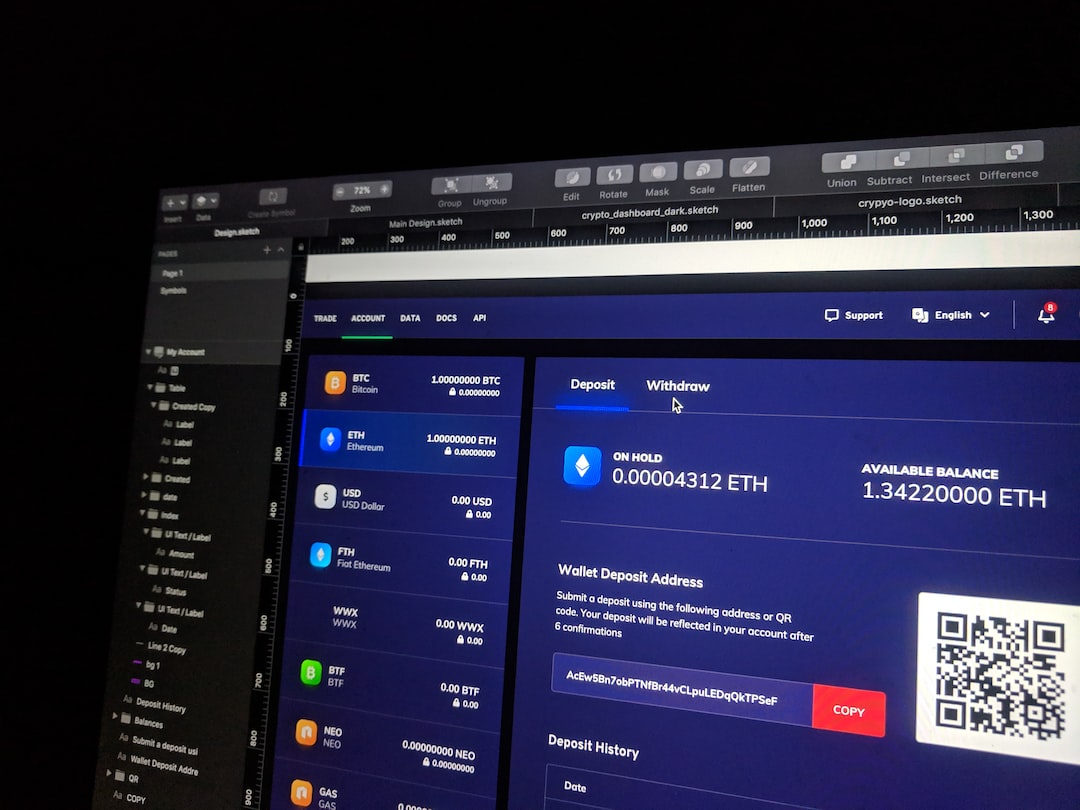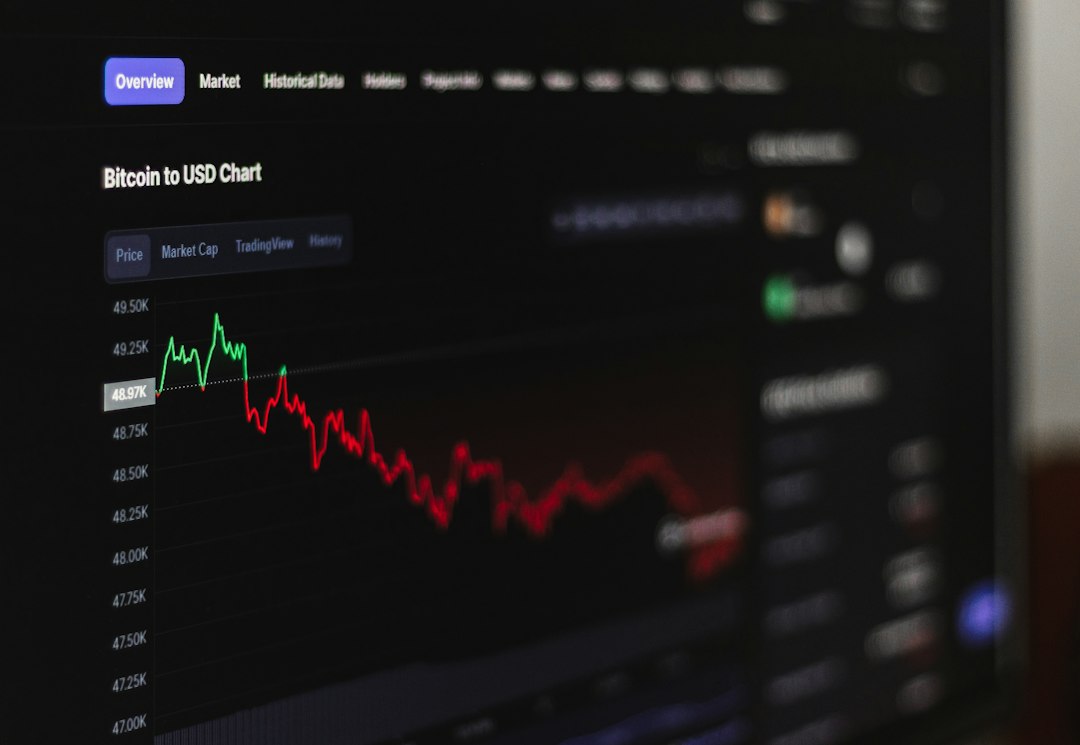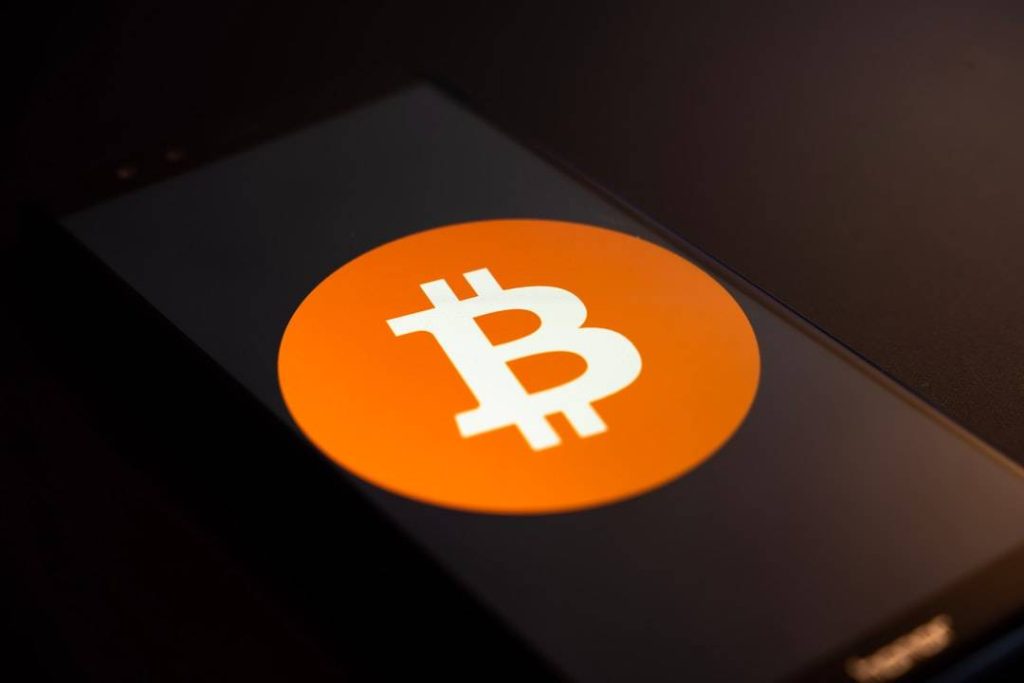The Impact of XRP Trial Ruling on South Korean Prosecutors
The recent court ruling on Ripple’s XRP token being declared “not in and of itself” a security by the US Securities and Exchange Commission (SEC) may have negative implications for South Korean prosecutors’ case against Do Kwon and Terraform Labs. However, officials are claiming the opposite.
Key Points:
- The SEC expressed disappointment with the XRP ruling and has asserted that Terraform’s coin LUNC is indeed a security.
- The XRP ruling may provide an opportunity for altcoin operators to challenge similar claims.
- The South Korean prosecution wants to try Kwon on charges related to the claim that he knew LUNC was a security, but South Korean law does not classify any cryptoasset as a security.
- South Korean courts have previously ruled that LUNC cannot be considered a security.
- The Seoul prosecution believes that parts of the XRP ruling actually support their assertion that LUNC is a security and plans to submit it as favorable evidence.
Hot Take:
The XRP trial ruling has created uncertainty and potential loopholes in the classification of cryptocurrencies as securities. While South Korean prosecutors may see some benefits in the ruling, it ultimately raises questions about the global regulatory landscape for cryptocurrencies and the need for clearer guidelines to avoid legal discrepancies.





 By
By
 By
By
 By
By
 By
By

 By
By